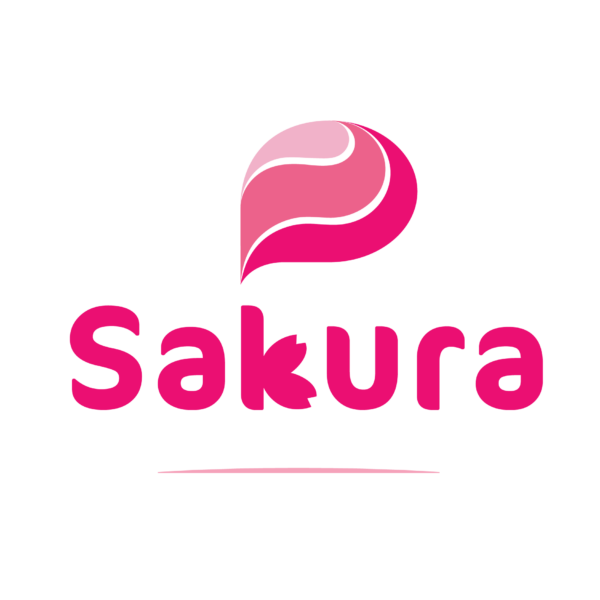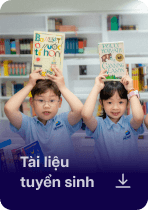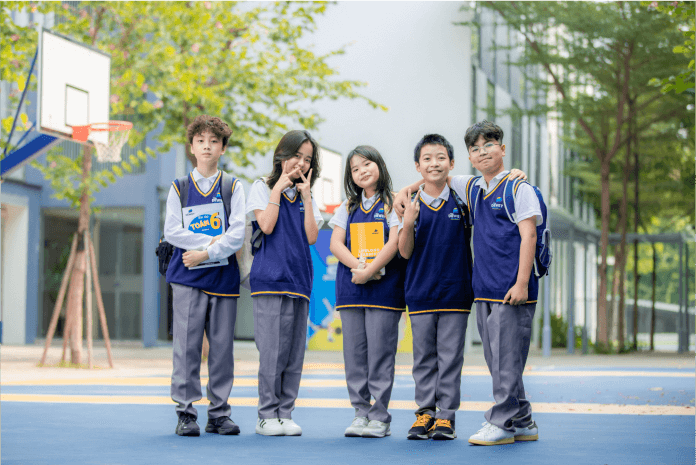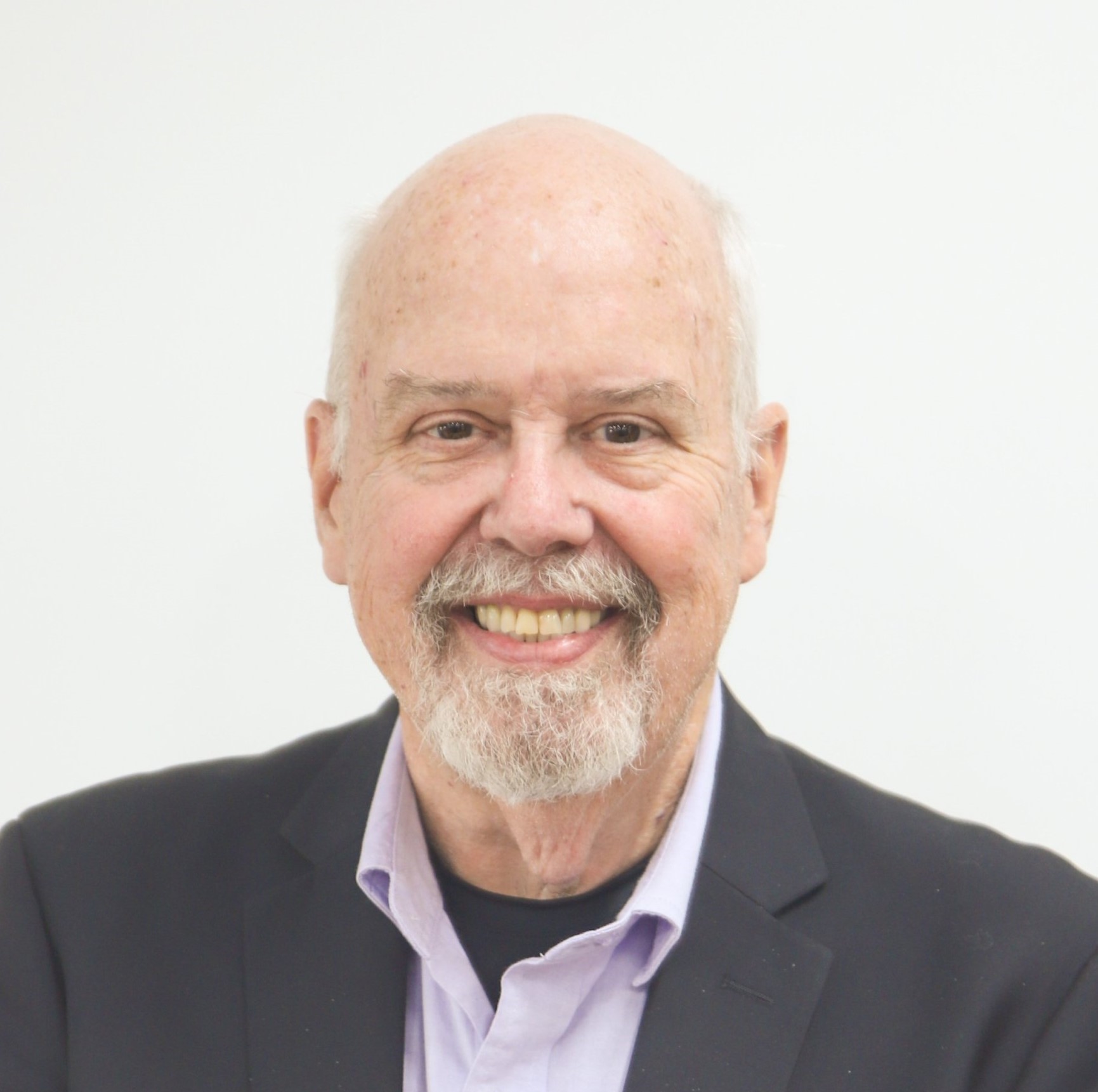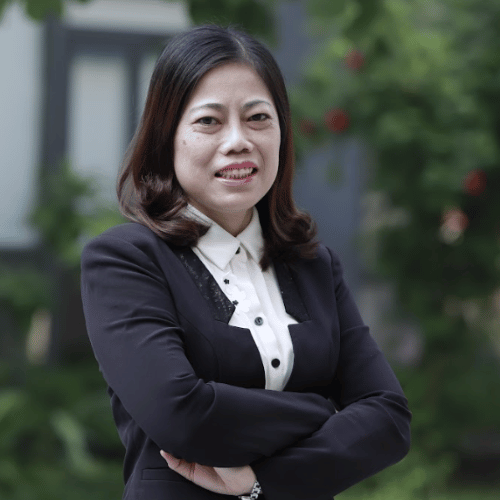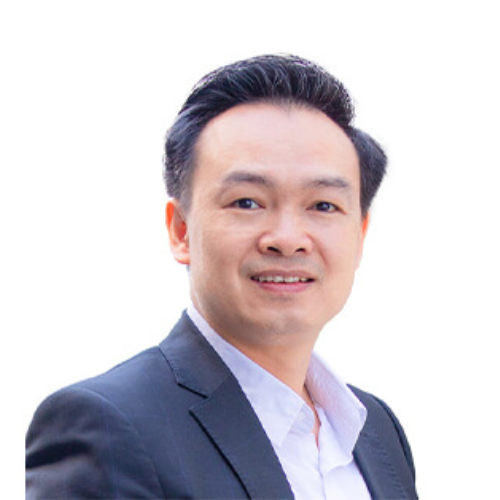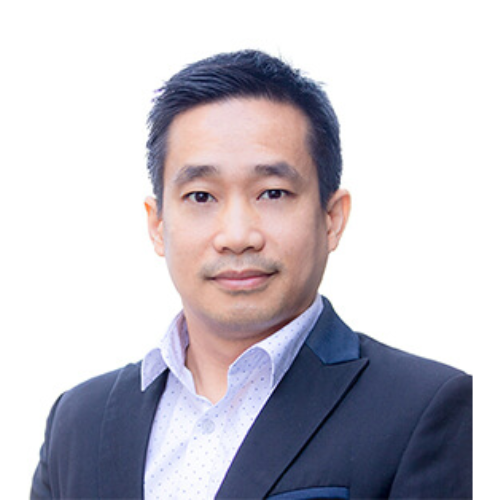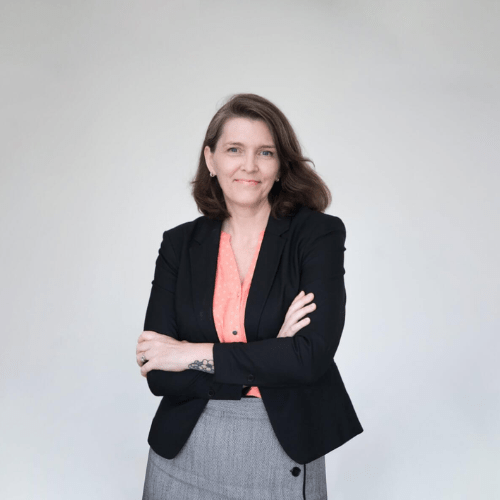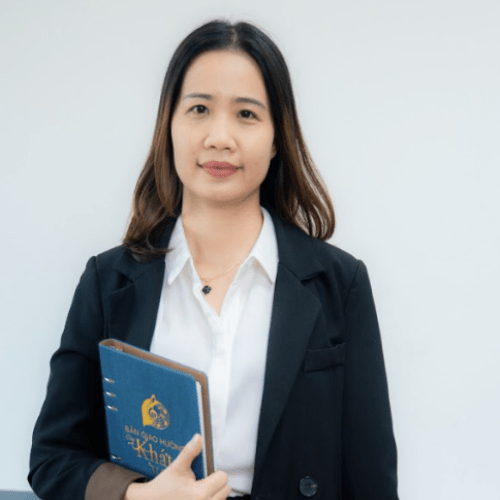Pursuing the constructivist theory, the convergence of two great educators, Maria Montessori, and John Dewey, has formed the overarching educational philosophy at Sakura Montessori and The Dewey Schools – an integrated education system under the Edufit Education Corporation. Here, students are empowered to construct their learning journey, becoming the best versions of themselves uniquely.
From a consistent educational philosophy
Sakura Montessori and The Dewey Schools recognize that children are naturally curious little explorers with an endless desire to learn about the world and an incredible capacity for growth. Therefore, from the very beginning of preschool, children are placed at the center of all learning activities, empowered with disciplined freedom to take charge of their own learning journey.
In the Montessori environment, children are free to choose learning activities based on their needs, interests, and individual developmental pace. The curriculum spans various areas, including Practical Life and Arts, Sensorial, Mathematics, Language, and Culture (Science, History, Geography), catering to each child’s sensitive periods and inherent potential.
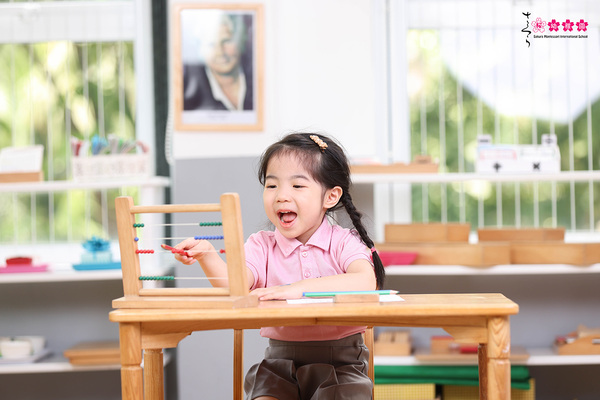
In every activity, children are encouraged to express themselves, share their opinions, and have their personal views respected. At the same time, the Montessori classroom provides clear boundaries through principles of discipline. As a result, alongside intellectual development, children cultivate essential skills such as independence, teamwork, and self-discipline through even the smallest actions, such as taking and returning materials to their proper places, walking calmly in the classroom, waiting for their turn, and practicing polite and respectful behavior.
As they progress to higher levels of education at Dewey, the child-centered and proactive approach to learning remains a core focus. Dewey nurtures students’ growth through the path of self-learning and self-education. Students continuously engage in learning projects and apply modern thinking methods such as Design Thinking and inquiry-based learning…
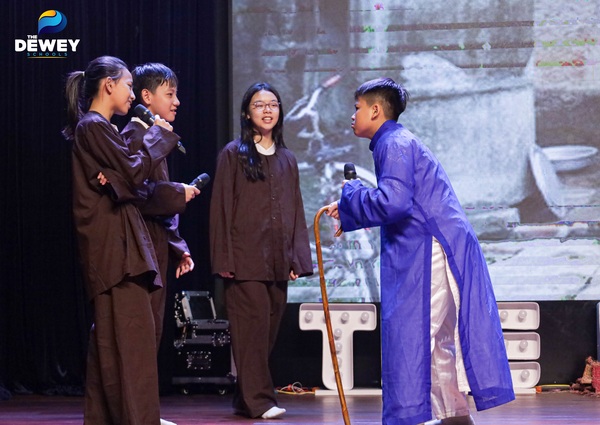
For example, in Literature – Vietnamese lessons, instead of passively listening to lectures or engaging in the traditional read-and-write method, students participate in engaging activities such as writing poetry, composing rhymes, or performing plays. These “beyond the blueprint” lessons make the journey of acquiring knowledge more dynamic and enriching. Students grow each day with their own perspectives, self-learning abilities, independence, and a vibrant inner world.
By applying the student-centered philosophy of respect, the roles of teachers at Sakura Montessori and Dewey also reflect consistency and distinctiveness. The schools emphasize that teachers are not authority figures who dictate absolute truths or mold students from a higher pedestal. Instead, teachers act as “trusted facilitators” who empower and support students in their learning journey.
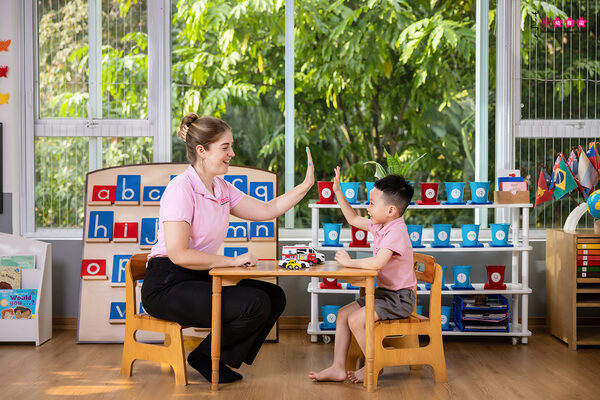
Teachers serve as facilitators of learning, enabling students to learn, educate themselves, and shape their own identities. They take a step back to observe, guide when necessary, and empower each child to take ownership of their discovery process. This approach reflects the emphasis on student autonomy and respect for children at Sakura Montessori and The Dewey Schools.
To an experiential learning pathway from Preschool to High School
Building on a philosophy of respect for individuals, Sakura Montessori and The Dewey Schools have co-created an experiential learning pathway that spans from preschool to high school. This approach harmoniously integrates the educational excellence of the Montessori method with John Dewey’s experiential learning philosophy, bringing to life an inspiring and meaningful journey of exploration for students.
A strong foundation built from preschool
In the well-prepared learning environment at Sakura Montessori, children learn through hands-on experiences with a multi-sensory system of materials across various fields following the internationally accredited Montessori curriculum. Thousands of engaging activities are flexibly designed, ranging from Common Core-aligned English lessons and Echo Music programs to creative learning projects, extracurricular events, and field trips.
Starting as early as 15 months old, children are introduced to project-based learning, optimizing their practical experiences. Notable examples include the Happy Farm Project, where a real farm is recreated within the school, allowing children to explore different animals, milk cows, collect eggs, and harvest vegetables like real farmers. Another example is the Kids and Traffic Safety Project, where children actively participate in a miniature traffic model on the school grounds, helping them easily grasp traffic rules and learn how to navigate safely.
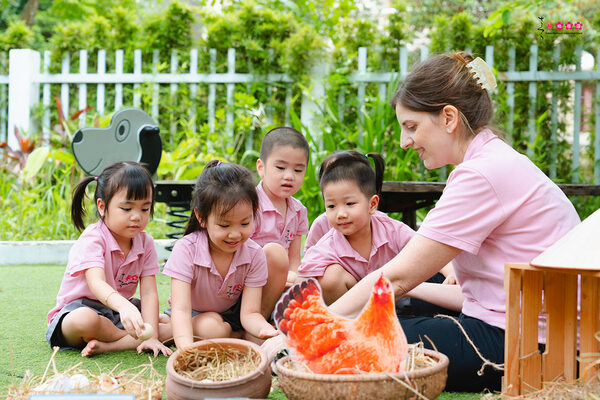
This approach further fosters comprehensive development in all areas of cognition, emotions, social skills, physical abilities, knowledge, and competencies. Children will also find it easier to adapt to the experiential learning model and develop higher-order thinking skills as they transition to elementary school at The Dewey Schools.
A significant transition from Elementary to High School
The journey of experiential learning continues as students progress to The Dewey Schools’ integrated K-12 system. Here, students’ active learning process is enhanced through creative and innovative educational methods, helping them fully develop their intellectual capabilities and soft skills.
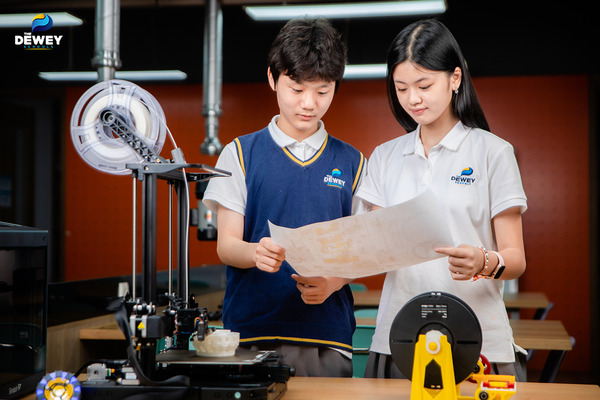
Students learn by doing through learning projects. Instead of studying theory alone, students engage in real-world projects where they can explore, discover, and apply knowledge to specific situations. This approach helps students develop teamwork skills, problem-solving abilities, and creative thinking.
At the same time, students are encouraged to follow a creative thinking process centered on the learner, using the modern Design Thinking method, which includes five steps: Empathize, Define, Ideate, Prototype, and Test. Additionally, the inquiry-based learning method is applied – encouraging students to ask questions, engage in open discussions, and freely share ideas. As a result, students progressively develop problem-solving, analytical thinking, and critical thinking skills, while also increasing their empathy and ability to collaborate within a team.
It can be said that Sakura Montessori and The Dewey Schools are the clearest examples of the harmonious integration, inheritance, and continuity of the philosophy of respecting individuals. From this foundation, Sakura Montessori and The Dewey Schools have, are, and will continue to nurture a generation of global citizens – future leaders with diverse knowledge, self-learning skills, creative critical thinking, and problem-solving abilities in a multicultural environment.




